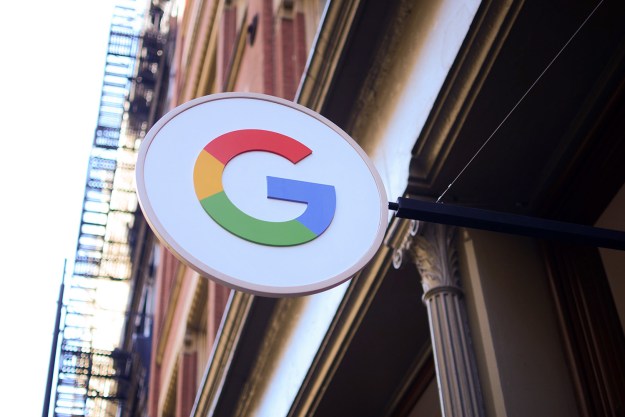
Amid mounting concerns about online privacy, Google has taken a step toward addressing those concerns with a few of its own plans for developing what it calls “a more private web.”
Via a blog post published Thursday, August 22, the technology company announced a new initiative to advance privacy. Referred to as a Privacy Sandbox, Google’s new privacy initiative involves developing “a set of open standards to fundamentally enhance privacy on the web.” But the initiative isn’t just intended to promote privacy, it also apparently aims to support the use of advertising in ways that avoid undermining efforts to preserve users’ privacy.
The blog post went on to note that while advertising is necessary for publishers to continue to have the ability to provide “freely accessible content,” advertising (specifically the technology behind it) has evolved toward becoming a tool “being used far beyond its original design intent – to a point where some data practices don’t match up to user expectations for privacy.”
Google further noted that while some browsers have tried to curtail the negative effects of today’s advertising, those solutions (without a consistent set of agreed-upon standards) have had their own “unintended consequences.” Google mentioned the effects of “large-scale blocking of cookies” as an example. Such blocking, Google says, led to privacy-undermining tactics like the use of the less-transparent fingerprinting technique:
“With fingerprinting, developers have found ways to use tiny bits of information that vary between users, such as what device they have or what fonts they have installed to generate a unique identifier which can then be used to match a user across websites. Unlike cookies, users cannot clear their fingerprint, and therefore cannot control how their information is collected. We think this subverts user choice and is wrong.”
In addition, Google expressed concern that cookie blocking could also lead to “less accessible content for everyone” if publishers who rely on ad revenue to produce that content aren’t able to find another way (besides cookies) to deliver ads. Google’s plans to increase privacy while supporting the use of advertising will involve the following: changes to the classification of cookies, “aggressively” blocking the fingerprinting technique, and the (collaborative) development of new web standards with the web community.
Google also said that in the last few weeks that it started to share “preliminary ideas” for its Privacy Sandbox. These ideas still include ads that are relevant for users but would also ensure that “user data shared with websites and advertisers would be minimized by anonymously aggregating user information, and keeping much more user information on-device only.”
Editors' Recommendations
- Google quietly launches a new text-to-video AI app
- Fake AI images are showing up in Google search — and it’s a problem
- Google witness accidentally reveals how much Apple gets for Safari search
- Google Chrome is getting a complete overhaul for its birthday
- Google Calendar just fixed one of its most irritating bugs


